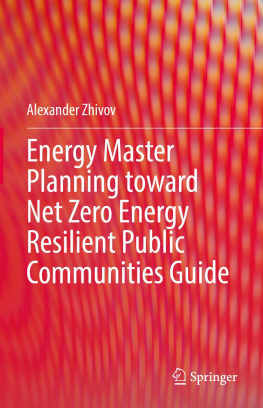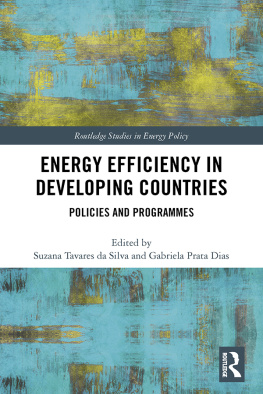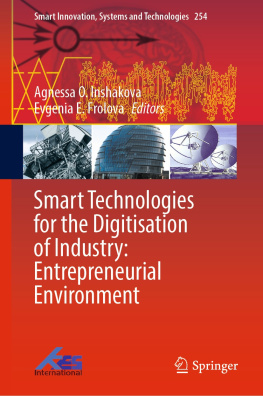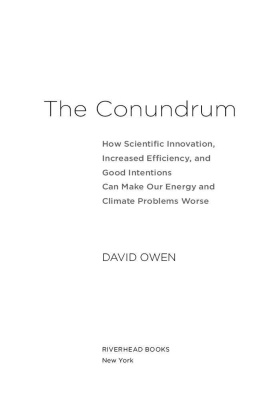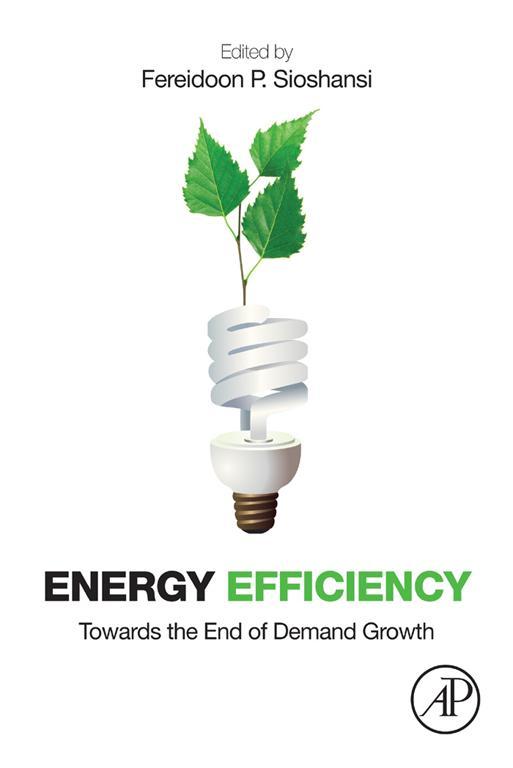Copyright 2013 Elsevier Inc. All rights reserved
No part of this publication may be reproduced, stored in a retrieval system or transmitted in any form or by any means electronic, mechanical, photocopying, recording or otherwise without the prior written permission of the publisher.
Permissions may be sought directly from Elseviers Science & Technology Rights Department in Oxford, UK: phone (+44) (0) 1865 843830; fax (+44) (0) 1865 853333; email: rights for further information.
No responsibility is assumed by the publisher for any injury and/or damage to persons or property as a matter of products liability, negligence or otherwise, or from any use or operation of any methods, products, instructions or ideas contained in the material herein. Because of rapid advances in the medical sciences, in particular, independent verification of diagnoses and drug dosages should be made.
For information on all Academic Press publications visit our website at http://store.elsevier.com
About the Authors
Hunt Allcott is an Assistant Professor of Economics at New York University and a Faculty Research Fellow at the National Bureau of Economic Research. He is also a Scientific Director of ideas42, a think tank that applies insights from psychology and economics to problems in international development, health care, consumer finance, and the energy industry. He has worked as a consultant with Cambridge Energy Research Associates, Arthur D. Little, and the World Bank.
Dr. Allcotts interests include environmental economics, industrial organization, behavioral economics, and international development. His most recent research centers on consumer behavior, business strategy, and regulatory policy in energy markets including how firms set prices in electricity markets, how consumers value energy, and insights from behavioral economics and psychology to conserve energy.
He holds a Ph.D. from Harvard University and a B.S. and M.S. from Stanford University.
Ren Anderson is the Residential Research Group Manager at the National Renewable Energy Laboratory (NREL) as well as the Department of Energy Building America National Technical Lead. He leads the development of advanced residential energy efficiency systems targeting energy savings of 30 to 50 percent.
His research focus is on the development of innovative emerging system solutions that improve the durability, reliability, and energy efficiency of new and existing buildings. This is reflected in his previous positions at NREL including Solar Buildings Systems Integration Technology Leader and Buildings Energy Technology Manager. He also supervised graduate thesis work for Mechnical Engineering at Clemson University, University of Colorado, and Colorado State University. He is a member of ASME, ASHRAE, NAHB, NCHI, and has been an ACEEE session chair.
He received a B.A. in Engineering Physics and an M.S. and Ph.D. in Mechanical Engineering from the University of Colorado.
Frits Bliek is a principal consultant at DNV KEMA Energy & Sustainability in the Netherlands and the program director of the Smart Energy Collective, a joint industry initiative of over 30 companies to develop smart energy solutions in an open innovation environment.
He is the founding father of PowerMatching City, the first full concept smart energy demonstration and is focused on innovation and business development in smart energy systems with over 15 years of experience along the entire energy value chain.
Dr. Bliek graduated from the FOM Institute for Plasma Physics at University of Utrecht in Energy Physics and received his Ph.D. at the Kernfysisch Versneller Instituut, Rijskuniversiteit Groningen on Atomic Physics and Thermonuclear Fusion.
F. Stuart Bresler is Vice President, Market Operations and Demand at PJM, LLC, where he is responsible for Forward and Real-Time Market Operations, the Financial Transmission Rights Markets, Market Settlements, the development of the technical systems utilized in markets and operations, and Demand Response integration.
He has been involved in the development and implementation of PJM markets for ancillary services and the integration of demand response resources into PJM markets.He has also led systems development enhancements required to expand PJMs markets and the coordination of those markets with neighboring regional transmission organizations.
Mr. Bresler graduated from Pennsylvania State University with a B.S. degree in Electrical Engineering.
Ralph Cavanagh is co-director of NRDCs energy program, which he joined in 1979. In this capacity, he has worked extensively with utilities across North America on strategies for integrating energy efficiency and renewable resources in their procurement planning, capital budgeting, and business models. He has been a visiting professor of law at Stanford and UC Berkeley, a faculty member for the Utility Executive Course at the University of Idaho, and a lecturer on law at the Harvard Law School. From 1993 to 2003 he served on the U.S. Secretary of Energys Advisory Board.
His board memberships include the Bipartisan Policy Center, the Bonneville Environmental Foundation, the California Clean Energy Fund, the Center for Energy Efficiency and Renewable Technologies, the Northwest Energy Coalition, and the Renewable Northwest Project. His public service awards include the Heinz Award for Public Policy, the National Association of Regulatory Utility Commissioners Mary Kilmarx Award, and the Bonneville Power Administrations Award for Exceptional Public Service.
He is a graduate of Yale College and the Yale Law School.
Paul Centolella is a Vice President in the Energy and the Environment and Natural Resources practices of Analysis Group, an economic and strategy consulting firm. He is a former commissioner on the Public Utilities Commission of Ohio. Before his appointment to the commission, he was a senior economist at Science Applications International Corporation, and earlier in his career was the Senior Energy Policy Advisor and a Senior Utility Attorney for the Office of the Ohio Consumers Counsel.
He is a member of the Secretary of Energys Electricity Advisory Committee. He has served on the boards of the Organization of PJM States and of the Smart Grid Interoperability Panel, a public-private partnership of over 700 organizations created by the National Institute of Standards and Technology to accelerate the development of standards for the smart grid. He represented the National Association of Regulatory Utility Commissioners (NARUC) on the Electric Power Research Institutes Advisory Council and was a member of the NARUC Energy Resources and Environment Committee, and the FERC/NARUC Smart Response Collaborative.





